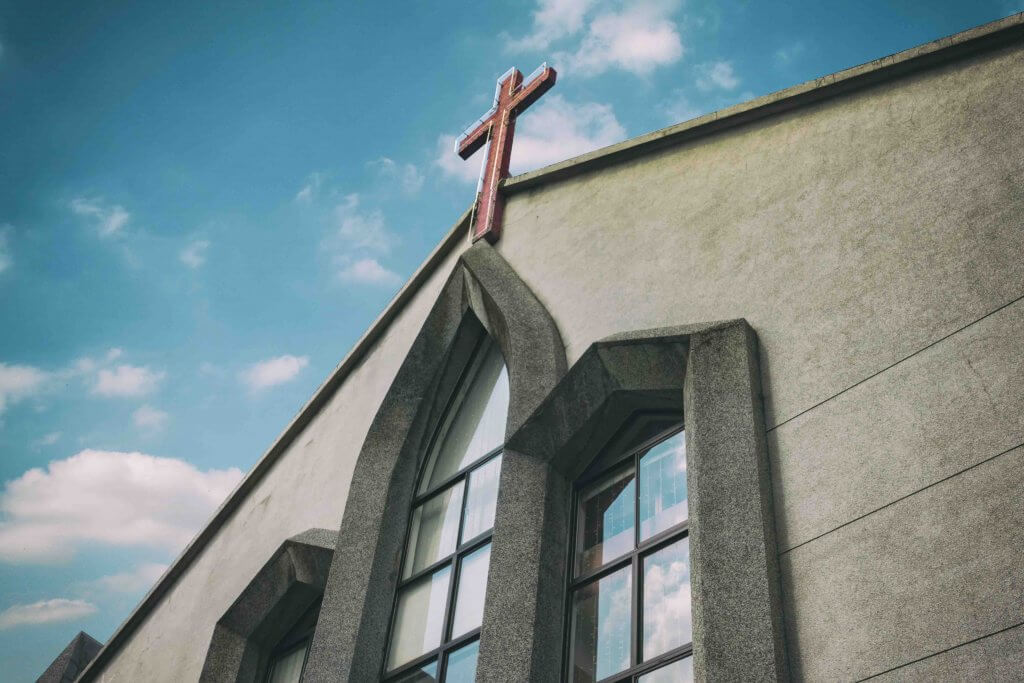Federal Judge Blocks North Carolina’s Religious Service Restrictions
June 10th, 2020

A federal judge recently ruled that North Carolina religious leaders should be able to open their doors to their congregations, overruling religious service restrictions instituted by the state’s Governor to contain further spread of the novel coronavirus, or COVID-19. North Carolina’s Governor Roy Cooper has since stated that he does not plan to appeal the ruling.
The Basis of the Lawsuit
In response to the coronavirus pandemic, Governor Cooper issued a “Guidance for Religious Services and Mass Gathering Restrictions” order, which required a 10-person attendance limit on indoor worship services unless it was impossible to hold an outdoor service. The order, however, permitted other types of non-religious gatherings to occur without limiting such meetings to 10 individuals and without requiring participants to show that it was “impossible” to meet outside.
As a result, lawsuits were initiated by two Baptist churches, a minister, and a Christian revival group on the basis that the Governor’s religious service restrictions violated the First Amendment freedom of religion as well as other constitutional rights.
The judge’s order also prohibited the governor from taking actions against religious worshipers. The court, however, has requested that religious worshipers remember to observe social distancing practices and reduce transmitting the virus whenever possible
The Court’s Decision On Religious Service Restrictions
The court found that the Governor’s order constitutes a violation of religious rights because this order resulted in different standards for businesses, mass transit, factories, and other indoor activities. The court also held that requiring a sheriff and a law enforcement officer to decide whether a religious organization had correctly decided it was not possible to worship outside was a “remarkable answer” given the Free Exercise Clause. The Free Exercise Clause protects the rights of Americans to hold any religious belief and to engage in religious rituals.
Opposing Sides of the Argument
A statement issued by the governor’s office disagreed with the federal court’s order. This statement also expressed the fear that indoor religious meetings could end up becoming hotspots for coronavirus transmission, and that large groups sitting together for extended periods of time like in churches were at elevated risk of transmitting COVID-19.
The leader of a church that took part in the lawsuit later stated that he planned to bring services indoors despite health risks and was happy that First Amendment rights were re-established. Others also spoke out in favor of the federal court’s ruling. In a statement, the co-chairman of the Senate Judiciary Committee commented that the order represents a victory for the constitutional right to worship freely.
Despite the judge overruling the religious service restrictions, many churches in North Carolina decided to remain closed and continue online services. According to the North Carolina Council of Churches, “… we do not believe now is the time for congregations to return to their sanctuaries.” Indeed, according to North Carolina Department of Health and Human Services Secretary Dr. Mandy Cohen, “COVID-19 hospitalizations are increasing…and the percent of tests that are positive is now among the highest in the nation.”
The Goal of the Universal Life Church
While many laws addressing religious freedom originated in the Constitution, the COVID-19 pandemic has caused many courts to consider the extent of these religious freedoms. The Universal Life Church’s blog strives to document the most noteworthy of these developments. We strive to document these cases in a clear manner, and fairly examine both sides of each religious rights case.


